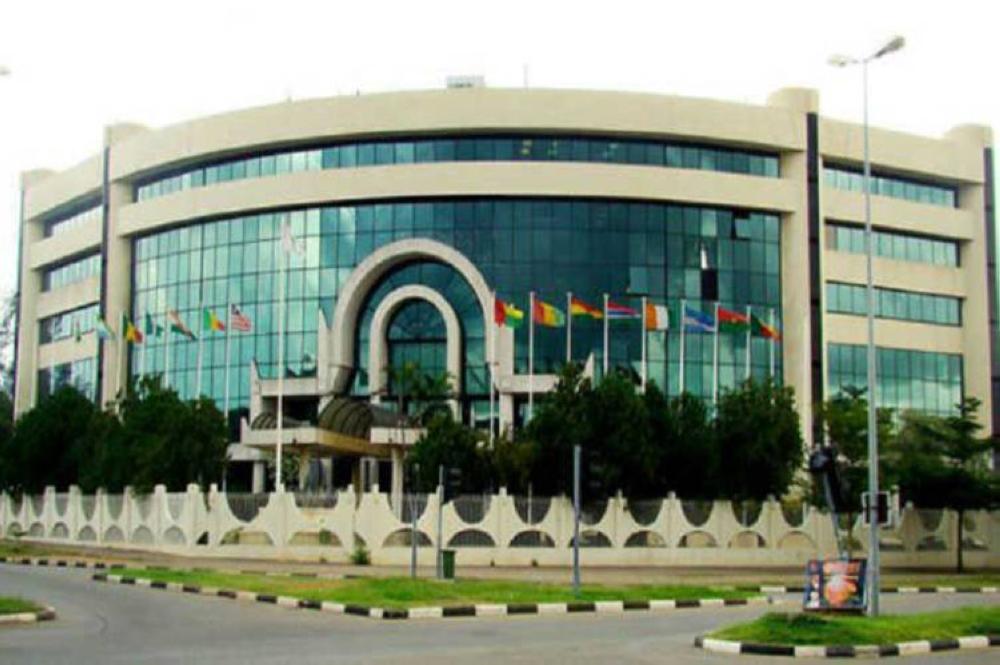Africa-Press – Cape verde. January this year marked five years since the African Union Free Movement of Persons Protocol was adopted by the AU Assembly in 2018. The month ends without fanfare as to this milestone.
There doesn’t appear to be much enthusiasm for it. So far, 35 African countries have signed the protocol but only four states have ratified it. 15 ratifications are required to enforce it.
Last week, this column observed a similar pattern with the African Union Convention on Cyber Security and Personal Data Protection. The lack of appetite to ratify some of AU’s treaties is manifest and is delaying the implementation of core AU projects.
Regarding the free movement of persons protocol, experts have been trying to understand why the countries seem wary to commit to the treaty.
Lack of preparation is cited as one of the reasons. A significant number of countries lack adequate systems of population registration and passporting.
Tied to these is lack of exchange of criminal records, extradition arrangements, and similar forms of cooperation in or between many countries which are not yet in place.
The more surprising finding, however, is that despite being state parties to the protocol’s adoption at the AU Assembly, the countries claim lack understanding of what the protocol provides for.
They fear, for example, that allowing free movement of foreigners could fuel political instability.
The findings are not new, and the particular analysis looking at the reasons cited here echoes other research. It is also similarly unconvinced by some of the countries’ perceived concerns.
It points out that the protocol offers provisions mitigating any implementation concerns. The provisions are plain to see and anticipate and provide a solution for any possible eventuality, including the said political instability.
There are also the oft-cited examples of the successful implementation of multilateral border opening agreements in regions such as the Economic Community of Western Africa (ECOWAS) and the East African Community.
It might be argued that the economic payoff of open borders trumps any perceived concerns of instability. Accomplishments in ECOWAS and the EAC show how free movement of people and capital goods and services not only promotes integration but profits member states in increased trade.
Another benefit free movement bestows apart from trade is that it places regions such as the EAC in a better position to cooperate in science, technology, education, and research and foster tourism.
These benefits are the very aims the AU free movement protocol looks to accomplish, especially given the African Continental Free Trade Area which must ride on the free movement of capital and labour if it is to succeed.
Still on the East African Community, while the region is being held up as an example to emulate, it also opens it up to closer scrutiny. And one of the interesting things to note is that, though all EAC member states have signed the AU free movement of persons protocol none has ratified it except Rwanda.
The other thing to note is that it probably doesn’t matter much that nearly all the EAC member states have not ratified the AU treaty. EAC integration and economic successes thus far show why.
Still, not to gloat, all is not perfect in the region. The AU is cognisant of this, if not the potential to learn from EAC’s teething problems as it puts in place the remaining pillars to attain full integration.
Though, for example, an agreement exists to shift from the national passport to an EAC passport, not all states are issuing the regional passport.
Kenya, Rwanda and Uganda citizens move freely between the three countries using either their national identity cards or the EAC passport. This is a result of removal of mobility restrictions enacted by Heads of State in 2013. Other member states are yet to effect this.
Kenya, Rwanda and Uganda have also facilitated the right of establishment, the right of residence and access to the labour market for their citizens across the three states. This underscores the work that remains to be done in the region.
It is also an opportunity for the continent to learn from the EAC and ECOWAS experience the political and other complexities creating bumps to the free movement of its citizens, and how the issues are being resolved to attain seamless integration.
Overall, though AU member states might appear reluctant to ratify the free movement protocol, the Africa Visa Openness Report 2022 shows that strong political will exists.
The visa index shows that Intra-African travel routes requiring no visa at all for citizens of African countries have increased. Another measure is the eVisa. In 2016 only nine African countries offered eVisas to Africans and others. 24 African countries now do as of 2022.
The views expressed in this article are of the writer.
For More News And Analysis About Cape verde Follow Africa-Press






